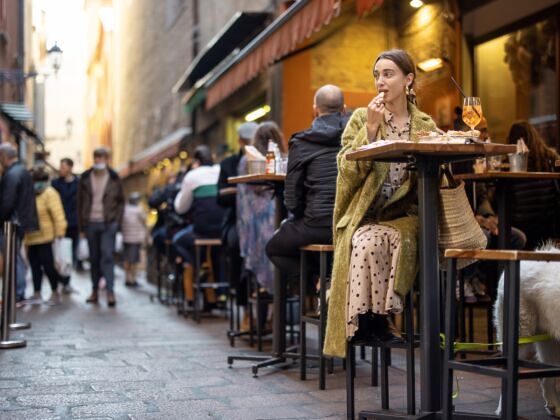Every language has phrases or words that can stump someone who isn’t a native speaker, no matter how many hours of practice they’ve put into classes. Italian has many untranslatable terms that are woven into not only the language, but the culture, too.
These 10 untranslatable Italian terms are ones that are worth learning how to use.
1. Boh
Literally, boh doesn’t mean anything, but Italians use it in place of “non lo so,” or “I don’t know.” While you say it, shrug your shoulders and twist your mouth downward. It’s the laziest Italian word there is.
